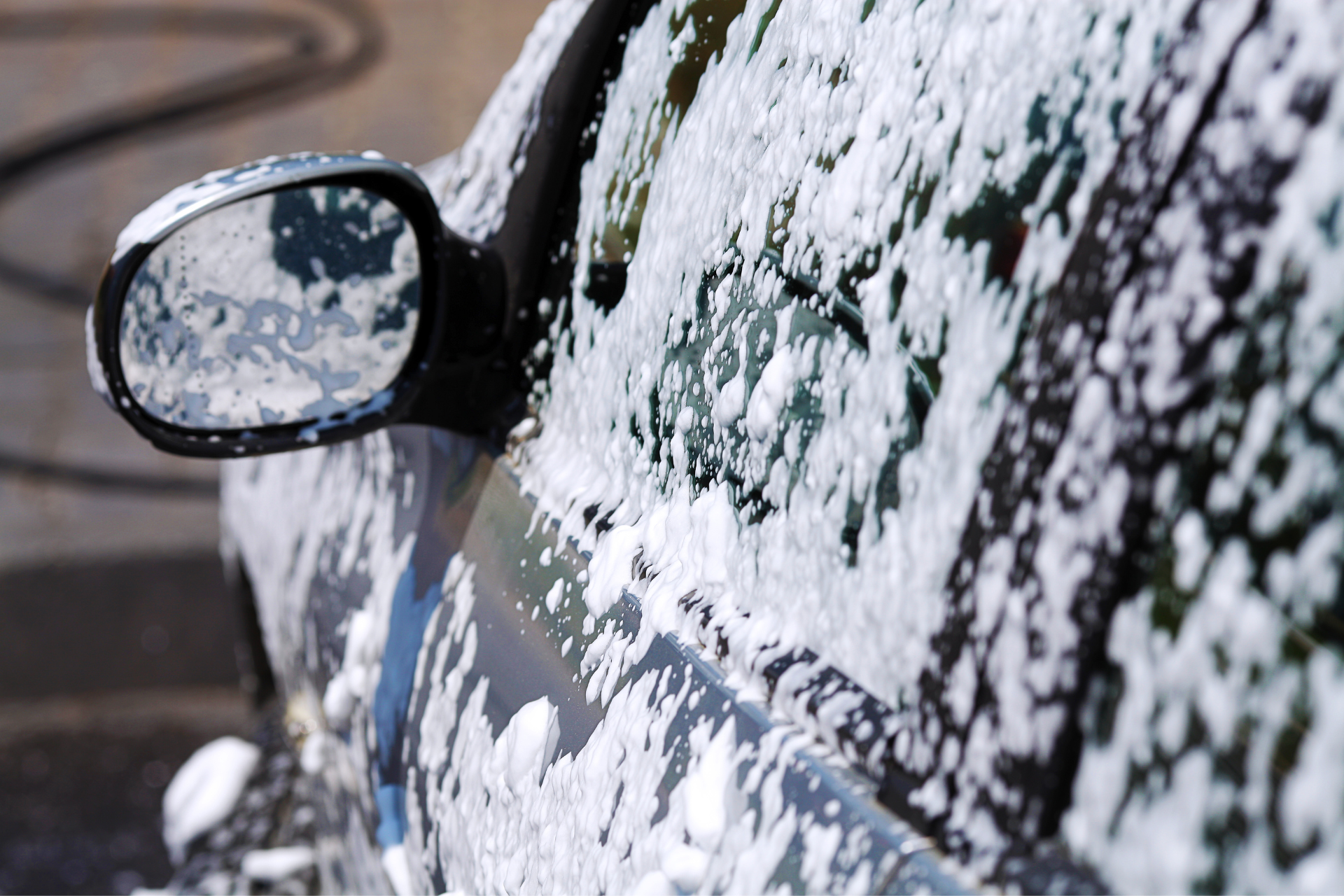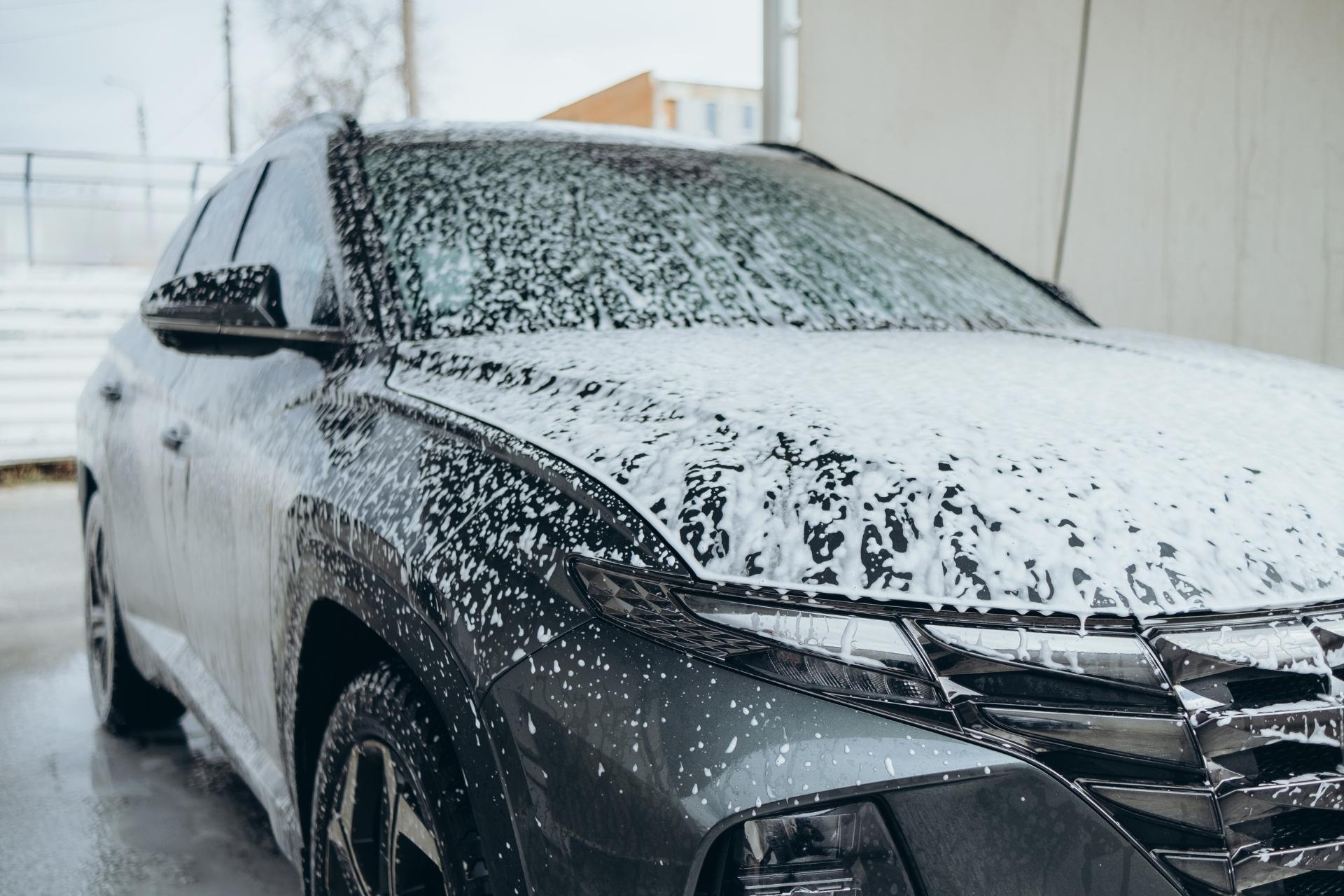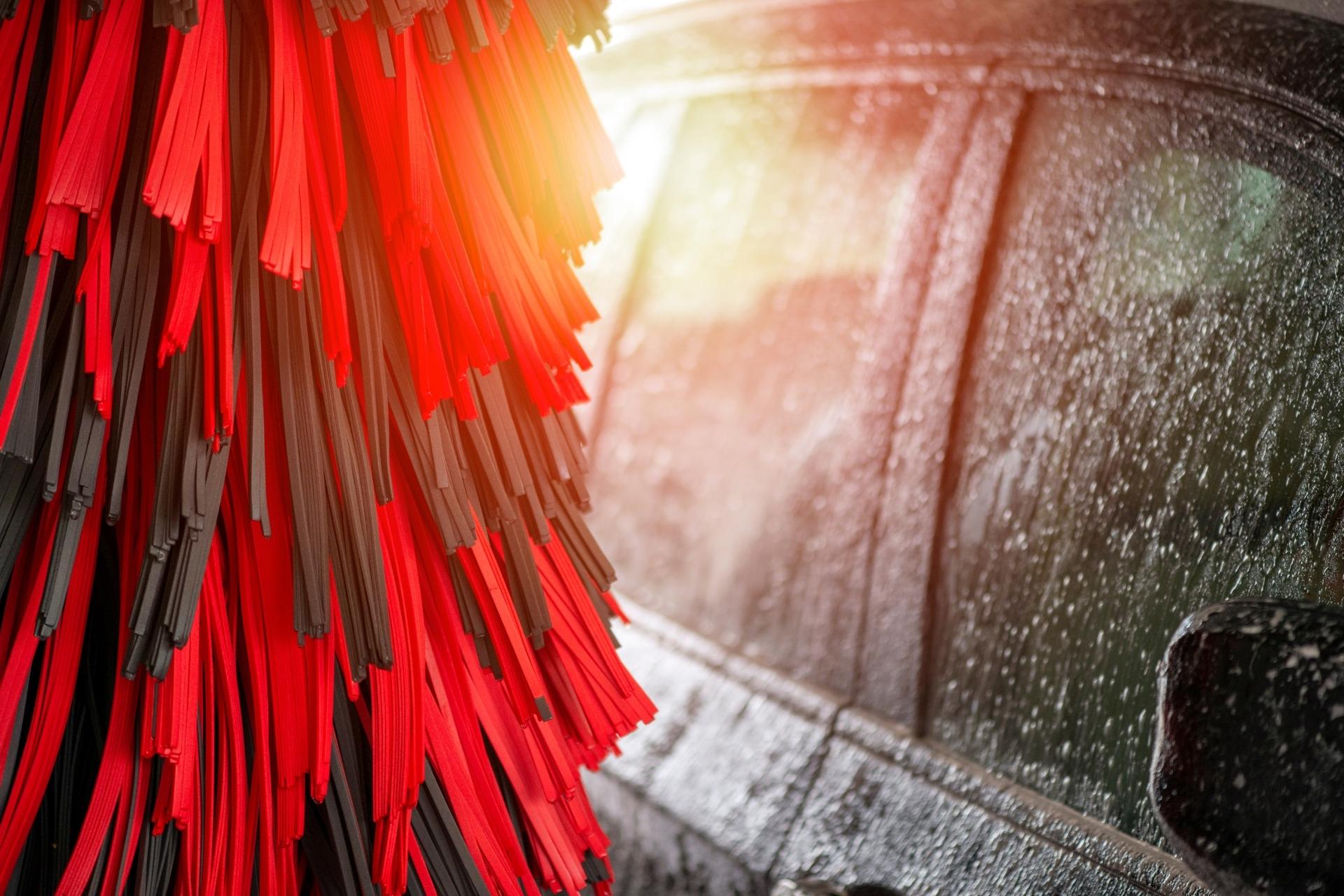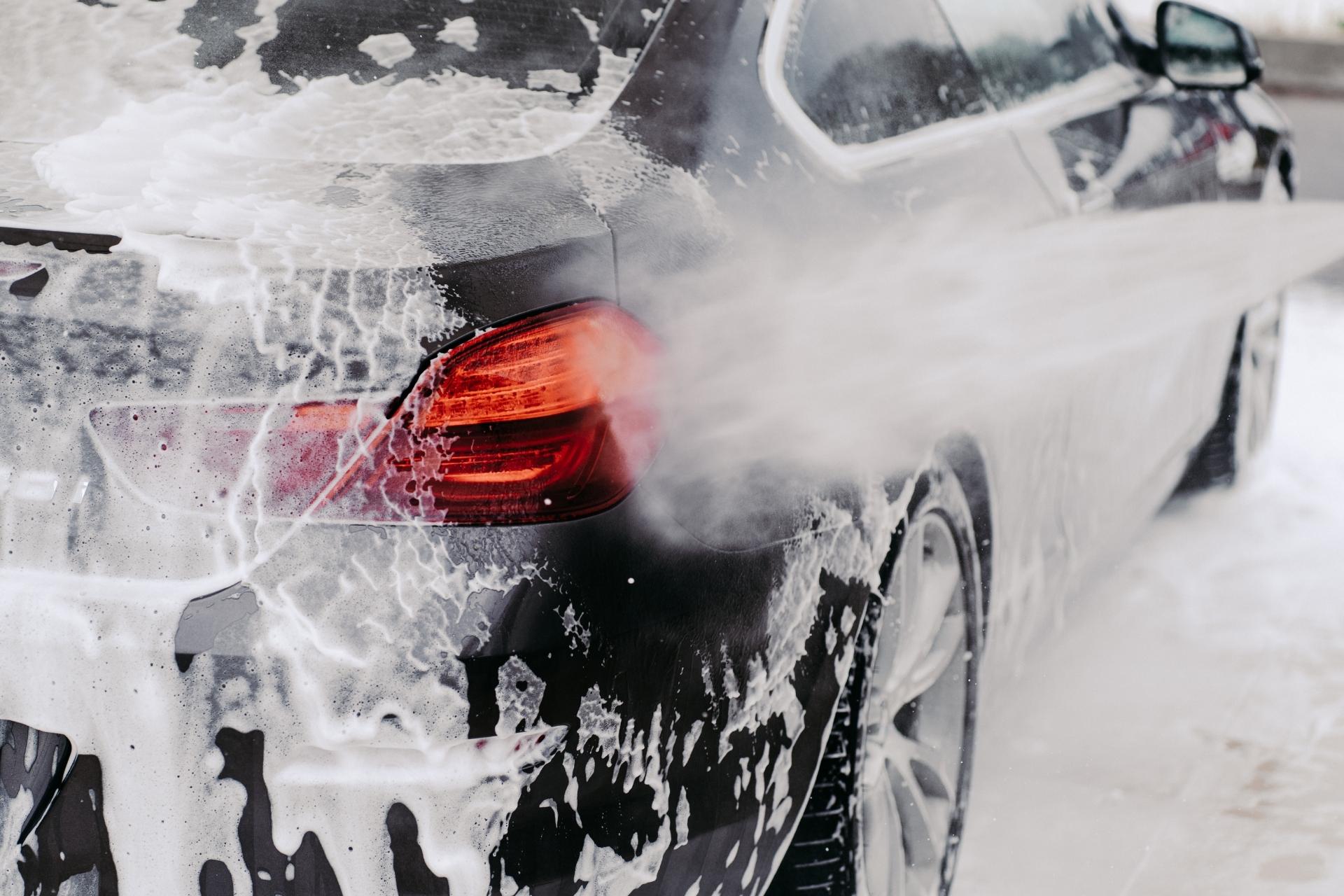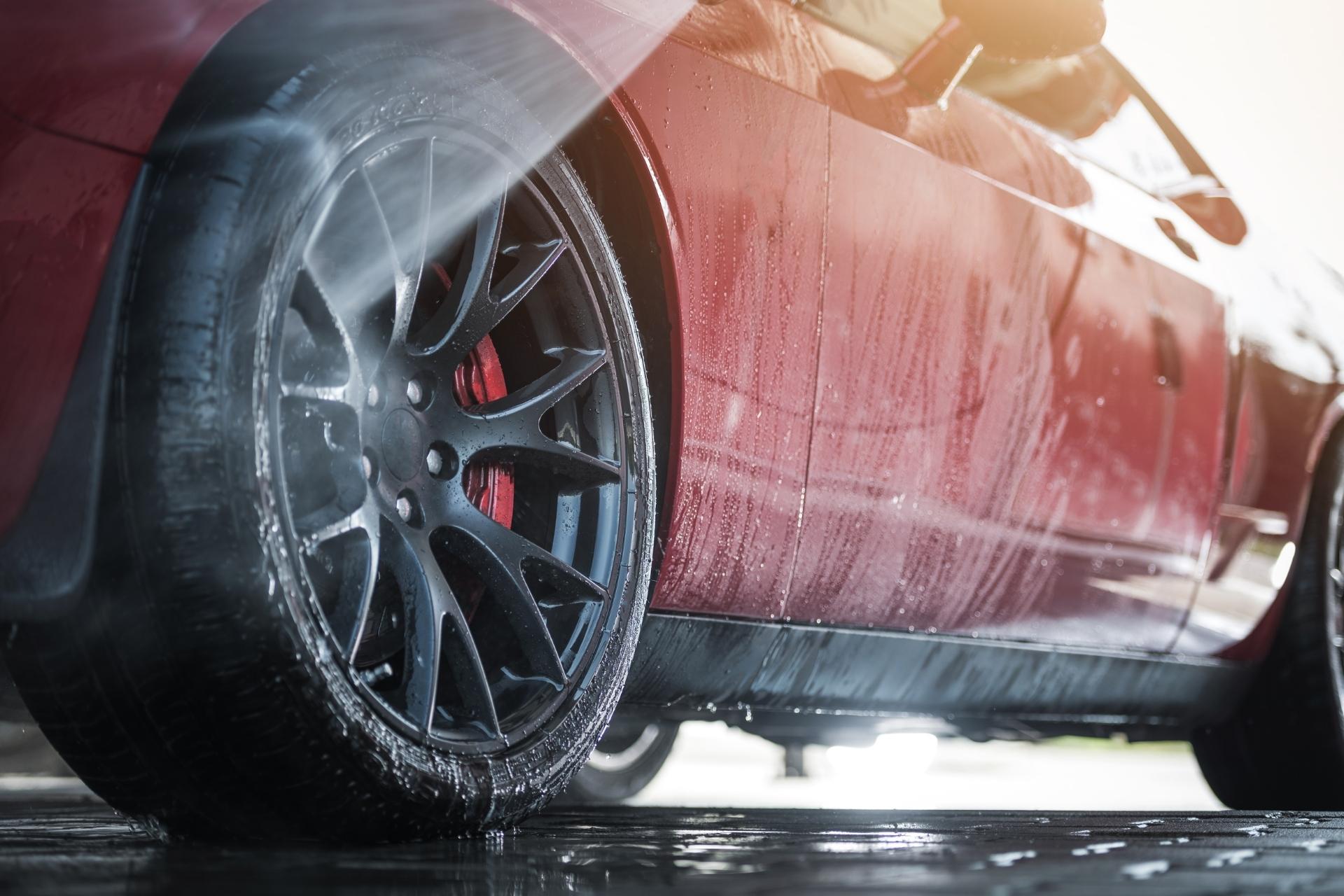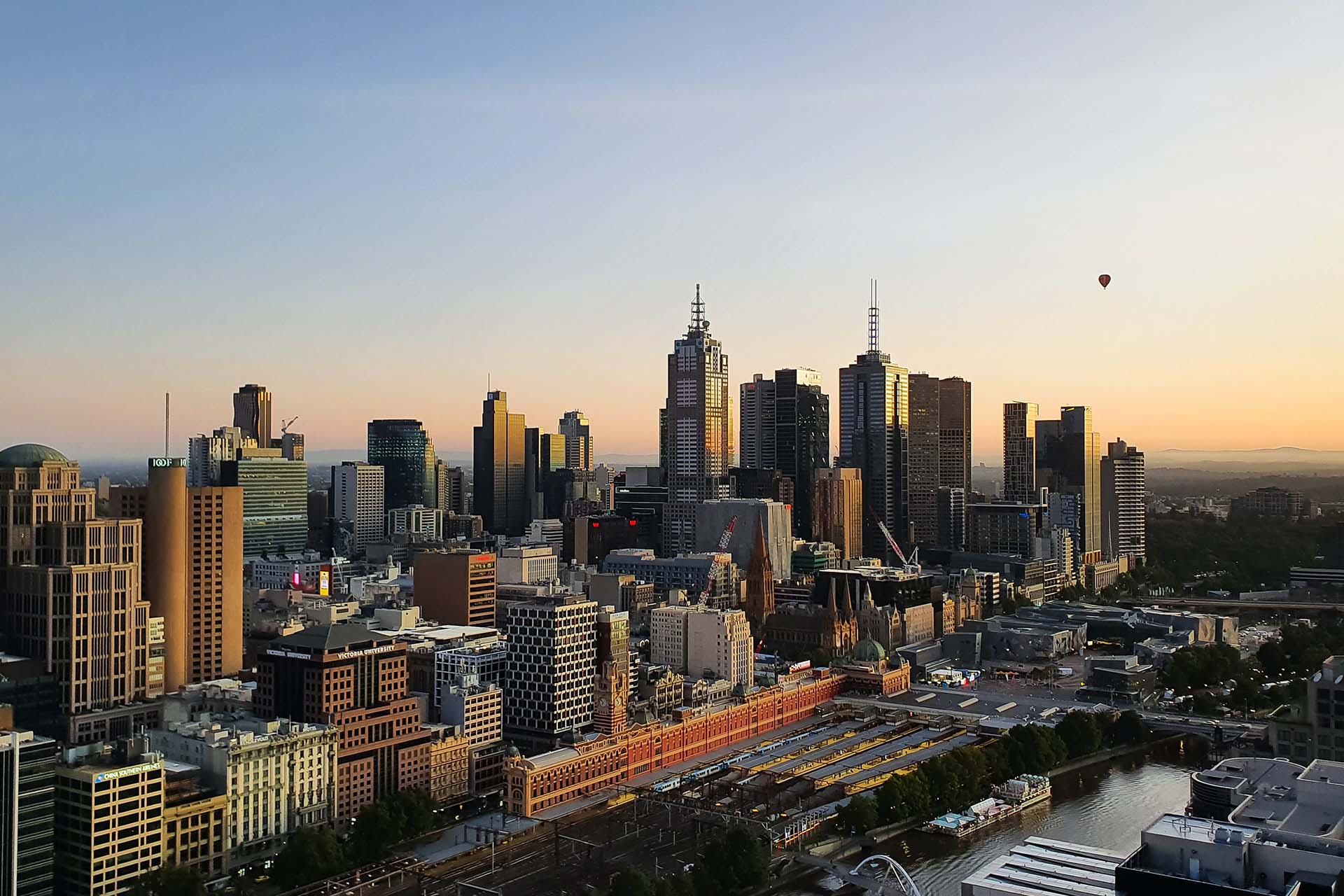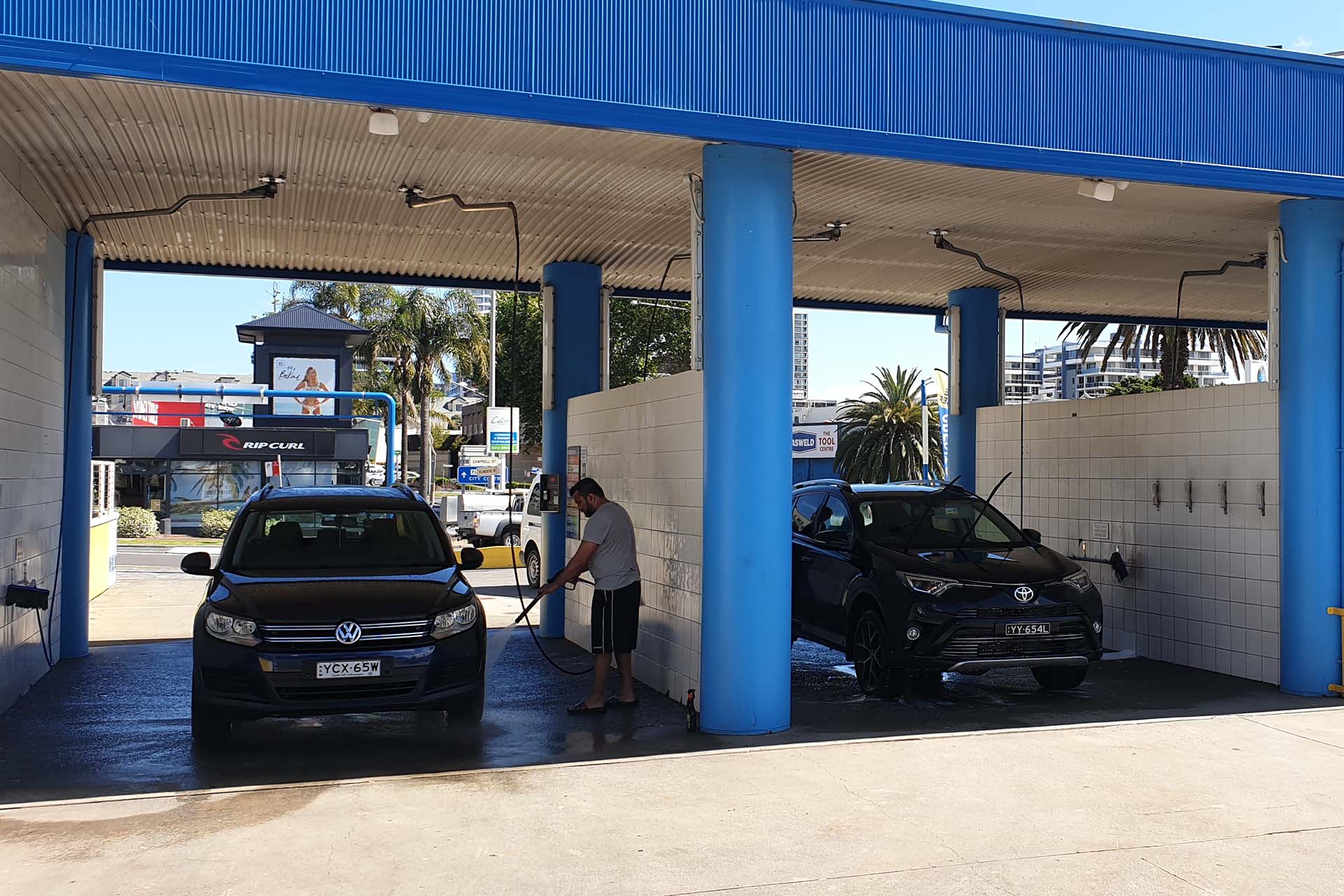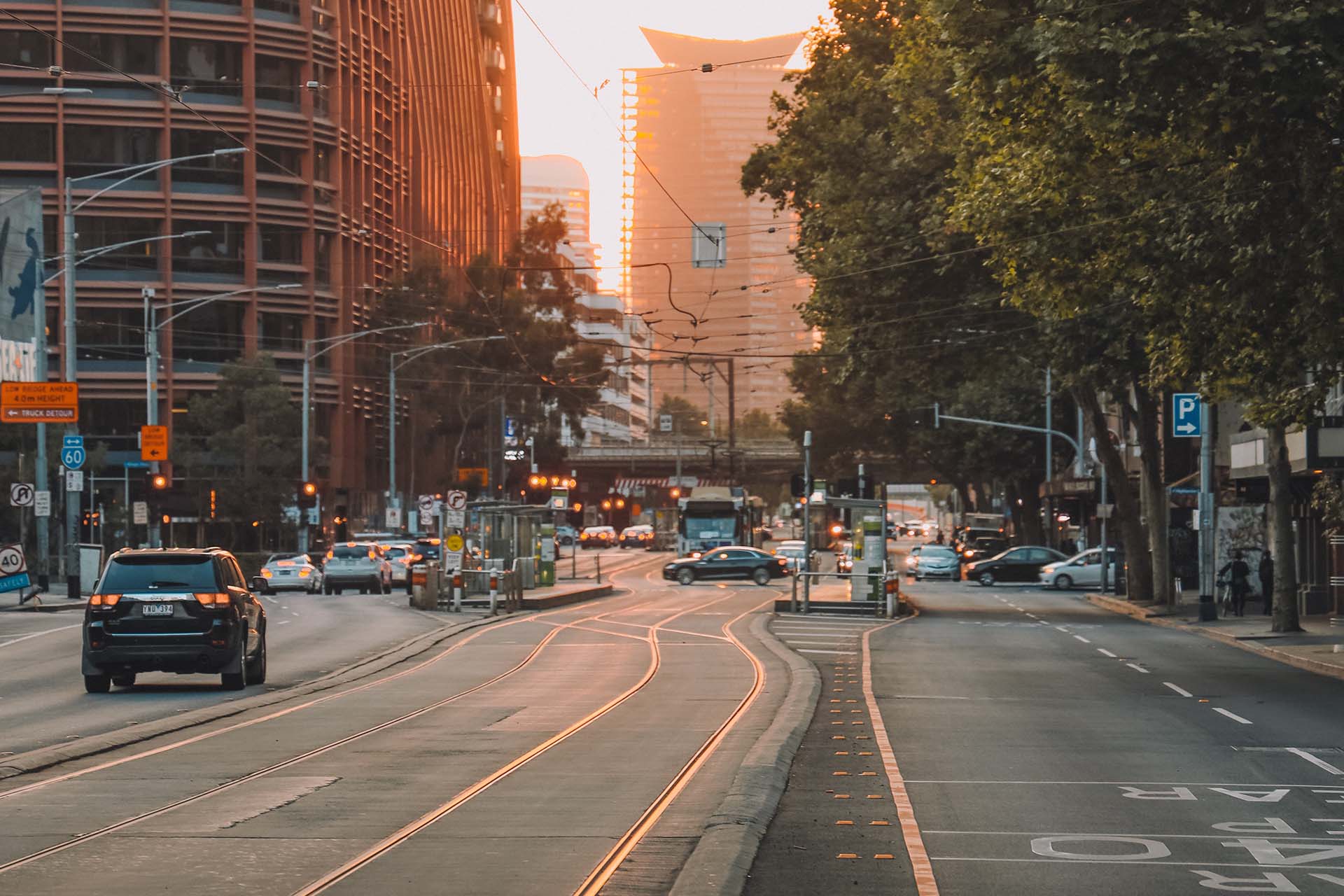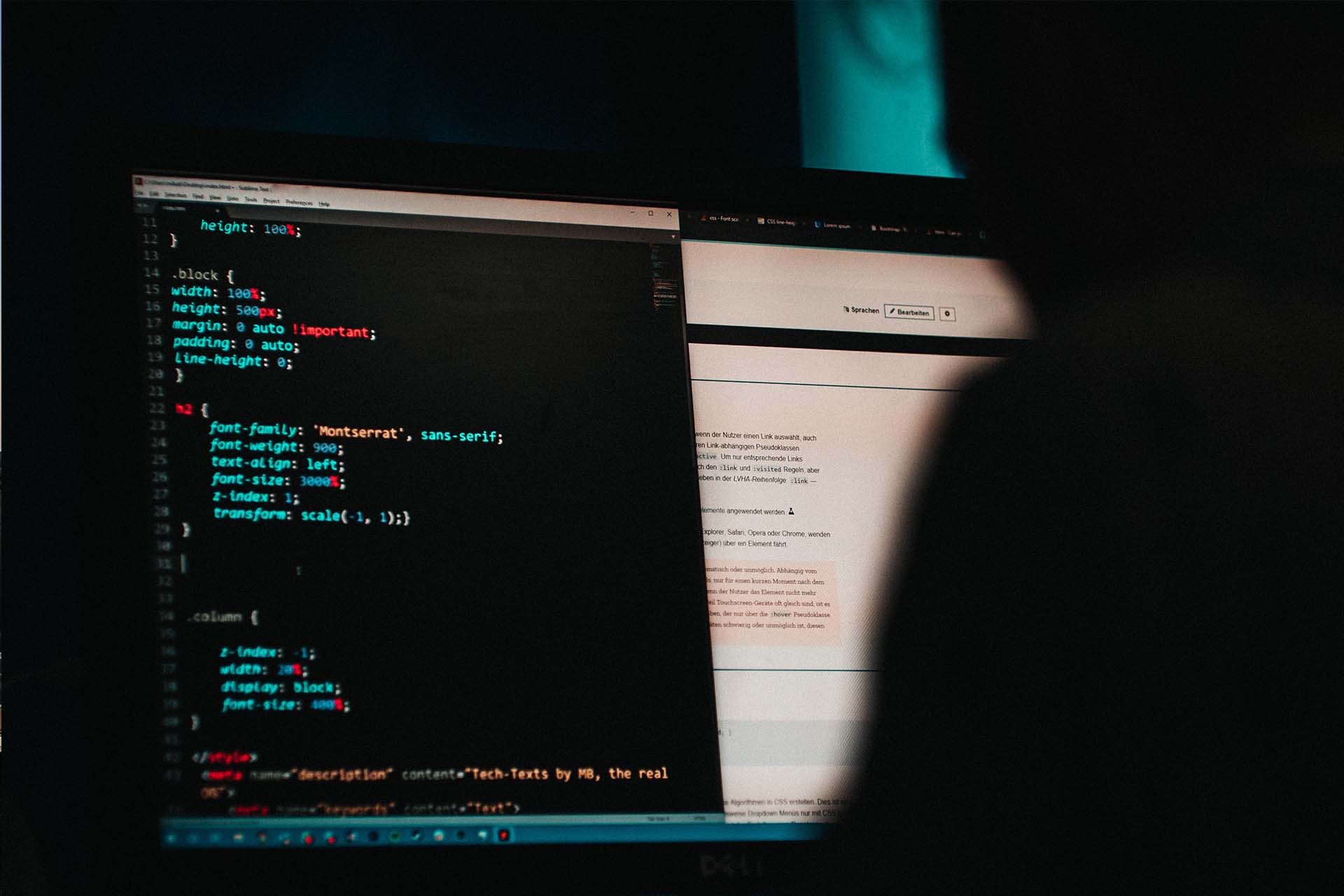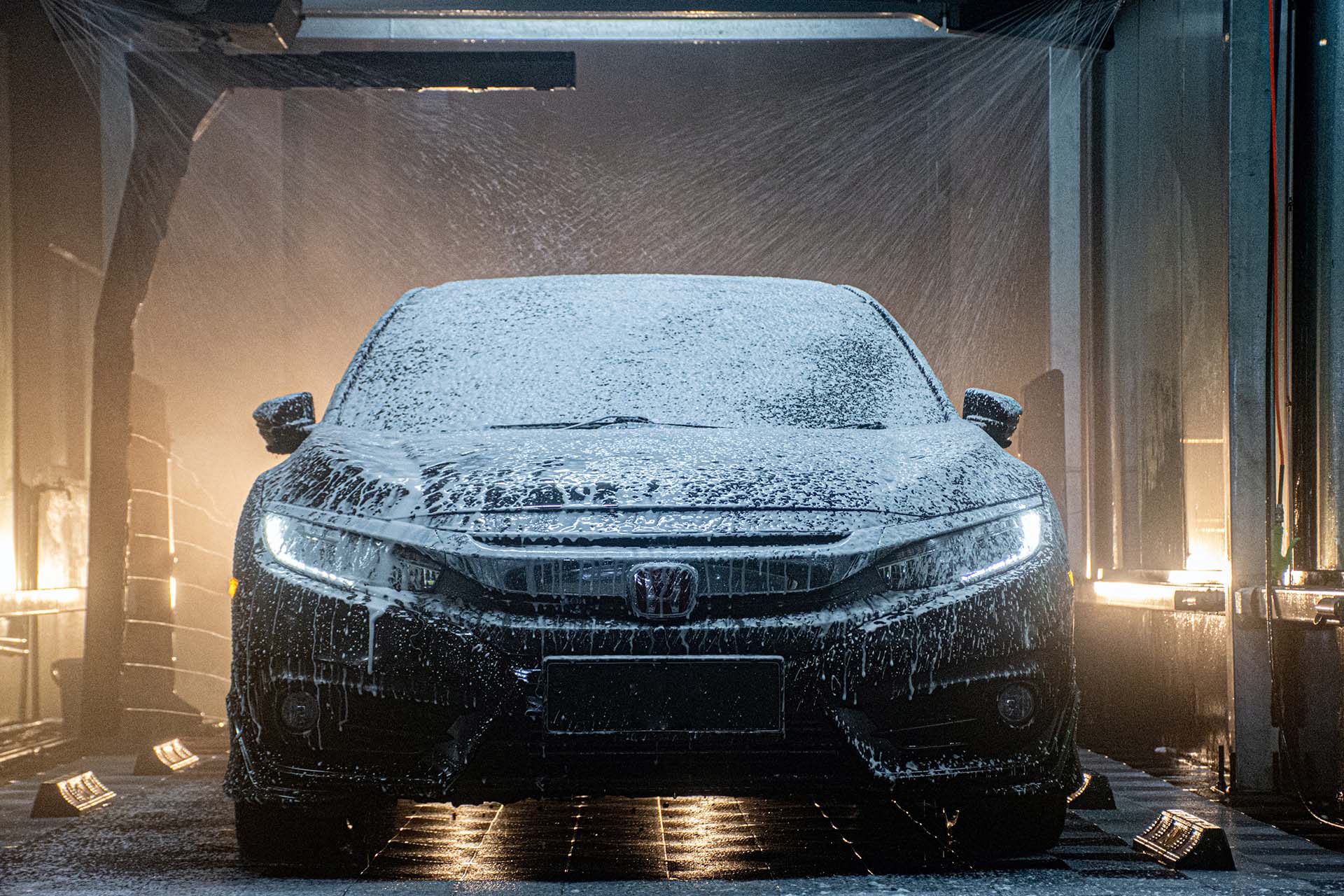5 best practices for building an effective car wash menu
Your car wash menu is a critical tool for increasing your car wash revenue. Therefore, when designing your car wash menu, whether you’re a new or established car wash operator, one thing to be very aware of is the clutter factor.
The average person sees over 5000 advertising messages a day. So, what does that mean in terms of car wash menu design? It means that most people are conditioned to block out these 5000 or so advertising messages, therefore, you need to make sure your car wash menu is very clear, concise, and tells your customer what you want them to know.
If you’re an established car wash operator, when was the last time you updated your on-site signage and menu? If the average person is seeing 5000 advertising messages a day, and they come to your car wash and see the same signage and menu design every time they come, they will eventually stop seeing it all together. if your marketing isn’t fresh, or isn’t powerful, or isn’t telling the Customer what you want them to know, then you’re not driving the behaviour of the customer.
To be a successful car wash operator who makes money, it’s important to update your car wash marketing, and have new and exciting things for your customers to see. This will not only impact your ability to sell more washes, it will also impact your ability to sell higher dollar washes.
5 Expert Tips for Building your Menu
1. The way in which you lay out your wash packages is incredibly important if you are wanting to influence your customers decision. If you want a particular package to have the highest sales, always place it where it will be seen first. For most washes, this is the highest value wash. People read either top to bottom or left to right, therefore, placing your best wash package at the top or left-hand corner of your menu, will drive a better purchase rate for that wash package.
2. Your best package should also stand out because that’s the one you want your customers to buy. If you want your top package percentage to be above 50%, your top package needs to take up at least 50% of your car wash menu. This will communicate to your customers that this package is the best value package that you want them to take. On the contrary, your lowest priced wash or basic package should be displayed with no frills, this will enable your customers to clearly distinguish higher packages.
3. Choose your wash package names carefully by clearly differentiating them to emphasise the value of each wash. This will resonate better with your customers and guide them to make the best choice. Descriptive names work well as they indicate the benefit of each offering, instead of vague terms like “deluxe” or “premium”.
4. When deciding on how many wash packages to offer, stick to four or less wash offerings on your menu. Anything more than that can become confusing to customers. The power of three is an important factor to remember when deciding on how many offerings you should have on your menu. Most interior designers will tell you that when decorating your lamp table or coffee table, to group things in three’s. The reason that is, is that it’s pleasing to the eye. When you think about the number four in terms of shape, we think about a square, and what is the definition of a square? Equal sides. So, if you have four wash offerings on your menu, what does that suggest? It suggests that everything is the same. Another important factor to remember is that generally, the average ticket for three packages will net better results than four – typically by 5% or more.
5. Choosing the right pricing is a key factor in designing an effective menu. Some simple psychology to keep in mind is that customers prefer even-priced washes – so, unless there’s a business reason, move odd price points up to an even price point. Also keep in mind “benchmark” price points. $9, $14, and $19 are the exact same things as $10, $15, or $20. If a customer is giving you $19, in their mind, they’ve just given you $20. If they’ve given you $14, they’ve just given you $15 – that’s just the way consumers think. If you’re charging customers $16 for a wash, customers are now thinking they’ve paid more like $20. Therefore, if you are going to price over $10, $15 or $20, do it significantly enough so that you’re getting the value of it, because that one dollar is the same as two or three dollars in your customers eyes. Also, oddly enough, don’t price at $13 price points – the $13 price point is usually avoided.






